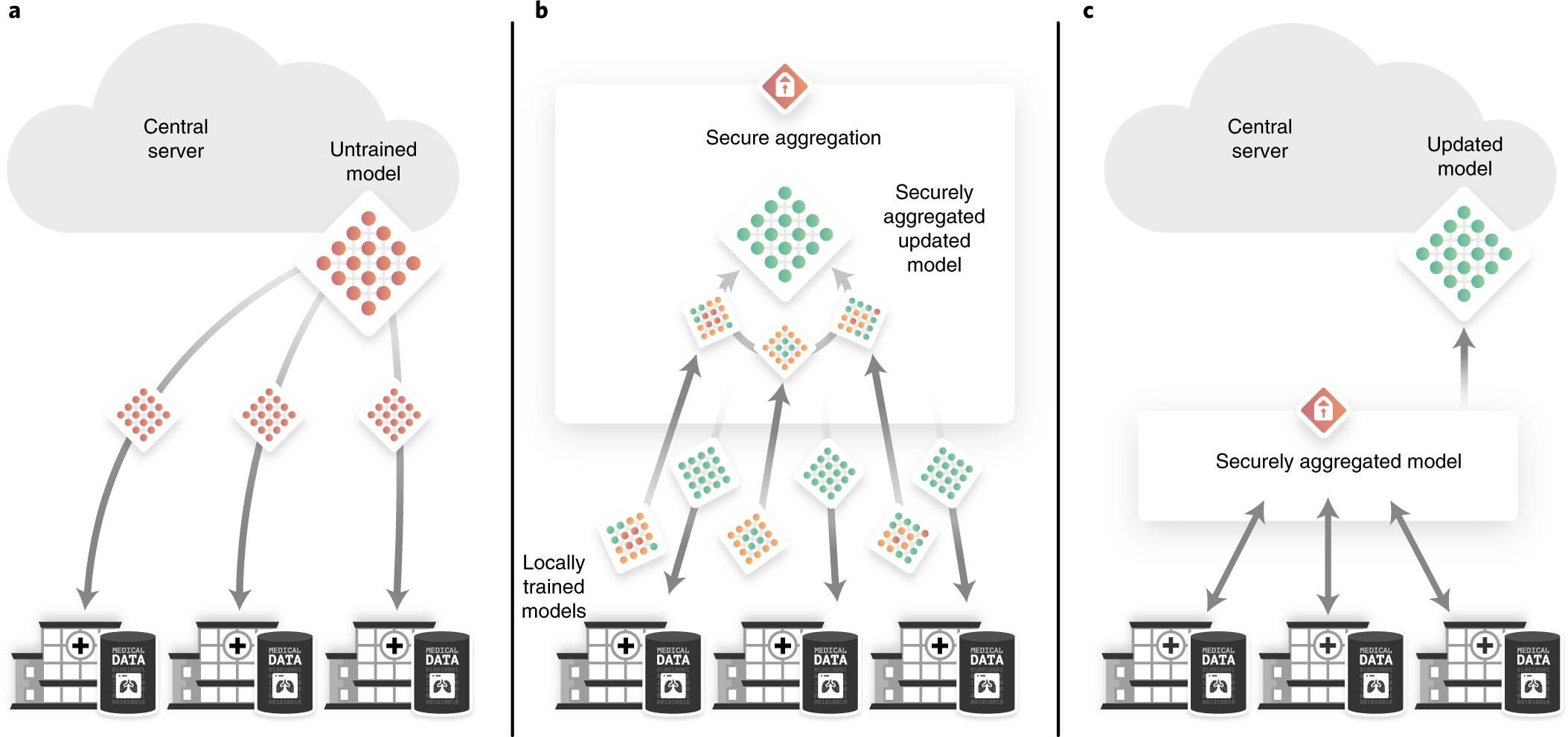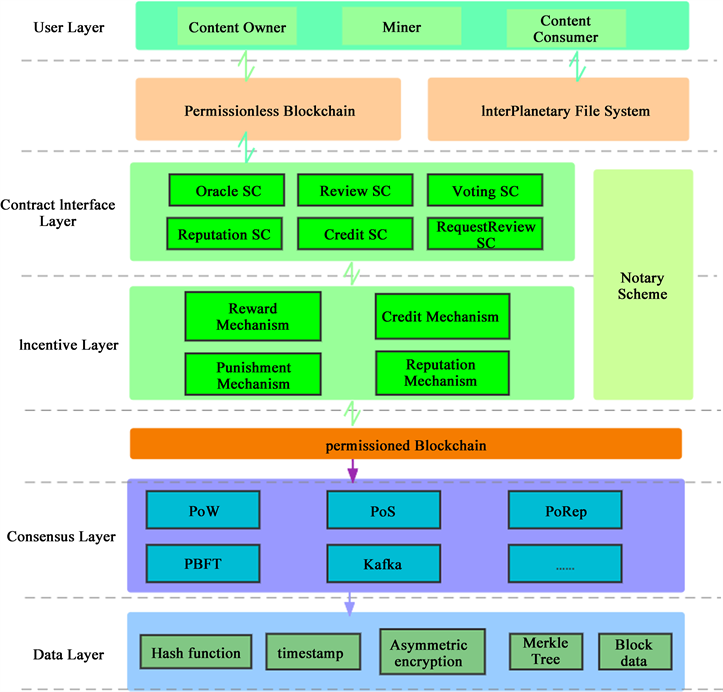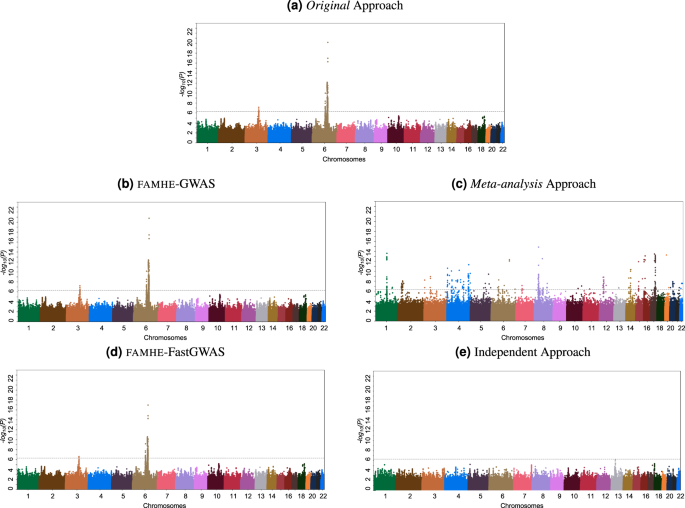


The Home Office has not yet started advertising for a replacement for Mr Hill, who said “I regret that there will be a gap in oversight”. Mr Hill, who is to leave the role this week to become the director of public prosecutions, urged his successor to continue work on the issue, and to investigate “any wider ramifications of Brexit”. “It would be a mistake to allow states to eschew the designation of terrorism for their own misdeeds while allowing them the freedom to apply it broadly to their enemies.” “The novichok poisonings, and the question of the perpetrators and their origin or sponsorship, have inflamed the issue of what terrorism means, and whether our statutory definition provided by Parliament in 2000 works equally for state terrorism and non-state terrorism,” he added. Mr Hill said the government should also consider whether to bring state activity into the definition of terrorism following the Salisbury attack. “Despite ever-increasing demand upon our officers, it is clear that we are using our powers proportionately to effectively combat terrorism in all of its guises and our use of the existing legislation to counter a growing threat from the extreme far-right is also praised in the report,” he added. The head of UK counterterror policing, Assistant Commissioner Neil Basu, said the recommendations would be considered. The watchdog called for the government to “learn lessons” on the resources needed for terror investigations, and for police to improve their understanding of arrest and search provisions.

The report said police had made reasonable and proportionate use of terror laws in 2017, which saw five terror attacks kill 36 victims in London and Manchester.īut Mr Hill said it was “difficult to justify” the mass arrest of 11 people related to the London Bridge ringleader Khuram Butt after one of them had called police to identify him.Īnd after the attack on Manchester Arena which left 22 dead, a 35-year-old woman was mistakenly arrested because she was in “the wrong place at the wrong time” and has since been compensated by police. UK government straying towards 'thought crime' with terror law - UN.Mr Hill said he has “heard the message” about technological advances which “drive the imperative to intervene as a matter of law enforcement, without which terrorism may thrive unimpeded”. Police and security officials have also been raising increasing concern about the ability of criminals and terrorists to communicate secretly via end-to-end encryption. “We should only resort to specialist terrorist legislation in the rare cases when general crime statutes and/or the common law do not provide the solutions required by the police and by prosecutors,” he said. Mr Hill warned that policing the internet may interfere with article 10 of the European Convention on Human Rights and could see people with a “reasonable excuse” for viewing the posts needlessly dragged to court.

The Counter-Terrorism and Border Security Bill, which is currently being scrutinised in Parliament, would make accessing terrorist material just once a criminal offence punishable with imprisonment. Max Hill QC has been appointed as the new director of public prosecutionsĪt the time of writing, each of the posts on the Telegram channel for Isis’ main propaganda agency were being viewed up to 6,000 times and recent court cases have shown the platform to be widely used by terror plotters.


 0 kommentar(er)
0 kommentar(er)
